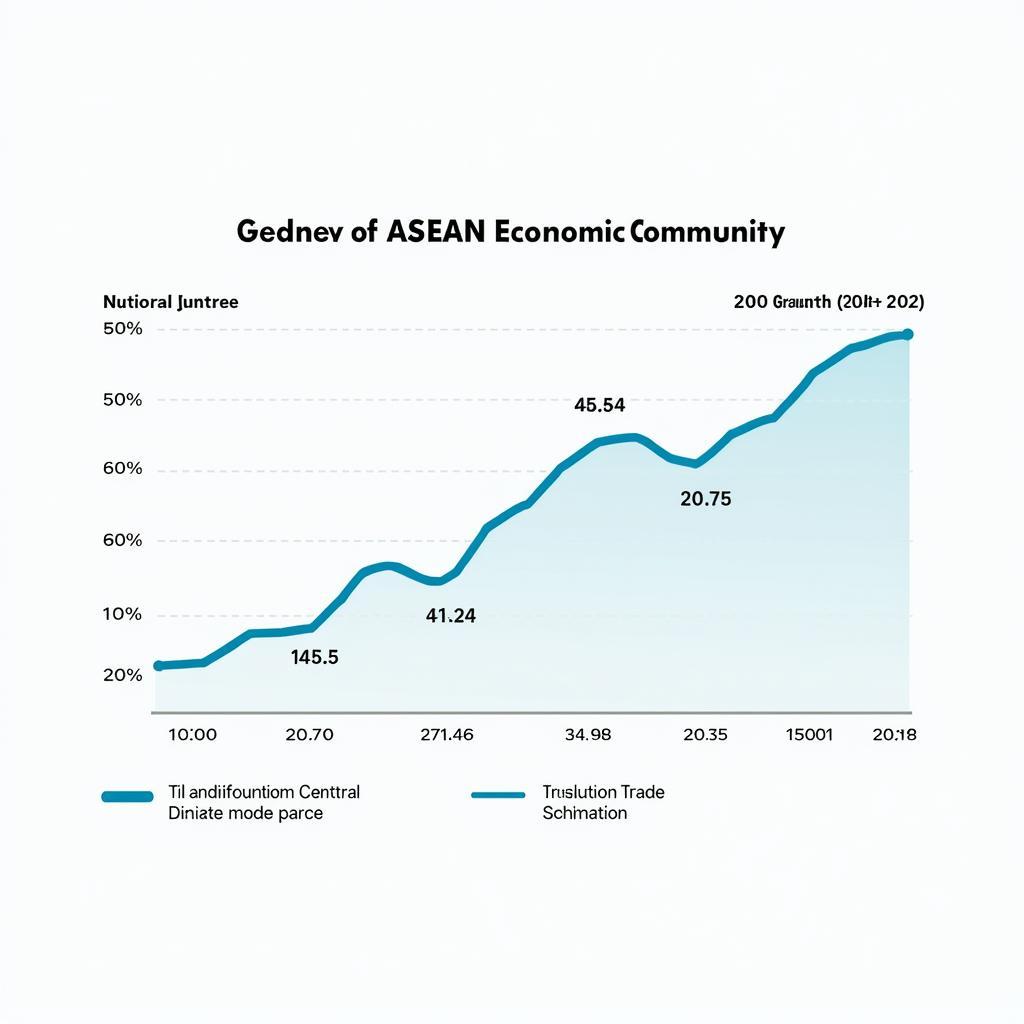Asea Water Australia has gained significant attention in recent years, sparking curiosity and debate about its purported health benefits. This comprehensive guide delves into the details of Asea water, exploring its origins, scientific claims, and potential implications for consumers in Australia.
Understanding Asea Water and its Claims
Asea water is marketed as a dietary supplement containing a proprietary blend of “redox signaling molecules.” These molecules, naturally found in the human body, play a crucial role in cellular communication and maintaining overall health. Asea claims that their product replenishes these vital molecules, potentially promoting various health benefits, including:
- Enhanced Immune Function: Asea water is suggested to bolster the body’s natural defenses against illnesses.
- Increased Energy Levels: Some users report experiencing heightened vitality and reduced fatigue.
- Improved Athletic Performance: Asea water is marketed to athletes for its potential to enhance endurance and recovery.
- Reduced Oxidative Stress: The product is said to combat free radical damage and protect cells from oxidative stress.
The Science Behind Asea Water: A Closer Look
While Asea water presents intriguing possibilities, it’s crucial to examine the scientific evidence supporting its claims. Asea cites several studies on its website, but it’s important to note that many of these studies are small-scale, unpublished, or funded by Asea itself, raising concerns about potential bias.
Independent research on Asea water is limited, and the existing scientific community remains skeptical about its efficacy. Critics argue that the redox signaling molecules in Asea water are highly unstable and unlikely to survive digestion or reach cells in their active form.
Asea Water Australia: Availability and Legal Considerations
Asea water is marketed and sold in Australia through a network marketing model. While this approach allows for wider distribution, it also raises questions about product pricing and potential for exaggerated claims by independent distributors.
It’s crucial for Australian consumers to be aware that Asea water is classified as a complementary medicine in Australia, meaning it has not undergone the rigorous testing and approval process required for pharmaceuticals. The Therapeutic Goods Administration (TGA), Australia’s regulatory body for therapeutic goods, has not evaluated or approved Asea water for any specific health claims.
Making Informed Decisions About Asea Water
Navigating the world of health supplements requires careful consideration and a critical eye. When evaluating Asea water or any health product, consider these key points:
- Scientific Evidence: Look for independent, peer-reviewed studies that support the product’s claims. Be wary of anecdotal evidence or testimonials, which can be subjective and misleading.
- Ingredients and Safety: Research the product’s ingredients and potential side effects. Consult with your healthcare provider if you have any underlying health conditions or are taking medications.
- Regulatory Status: Check if the product is registered or approved by relevant regulatory authorities in your country, such as the TGA in Australia.
- Marketing Practices: Be cautious of products marketed with exaggerated claims or using aggressive sales tactics.
Asea Water: Questions to Consider
Before incorporating Asea water into your wellness routine, consider these thought-provoking questions:
- Is there sufficient scientific evidence to support the claimed health benefits of Asea water, particularly in humans?
- What are the potential risks and side effects of consuming Asea water?
- Are there alternative, evidence-based approaches to address the health concerns that Asea water claims to target?
Conclusion: Approaching Asea Water with a Critical Lens
Asea water Australia has sparked both intrigue and skepticism in the realm of health and wellness. While the concept of redox signaling molecules holds promise, the scientific evidence supporting Asea water remains limited and inconclusive. Australian consumers are advised to approach these claims with a critical mindset, prioritizing evidence-based information and consulting with healthcare professionals to make informed decisions about their health.

